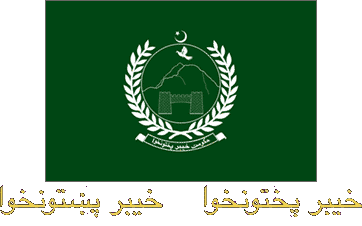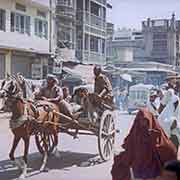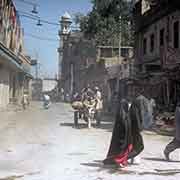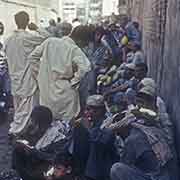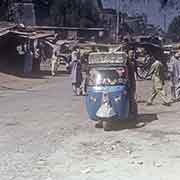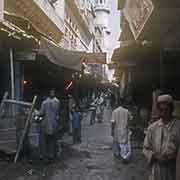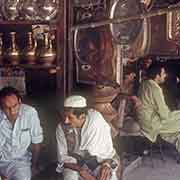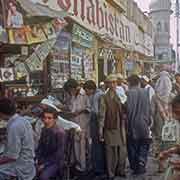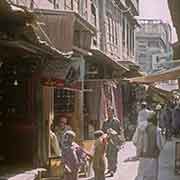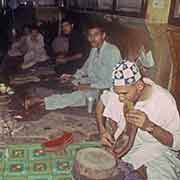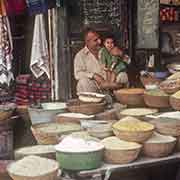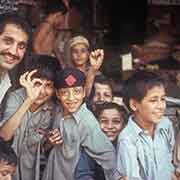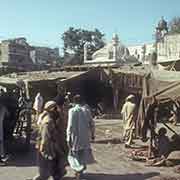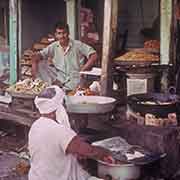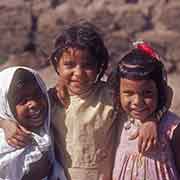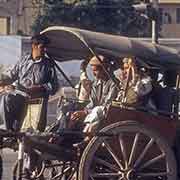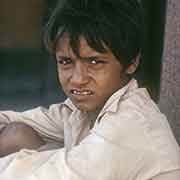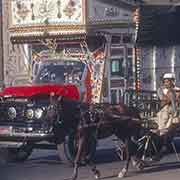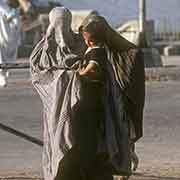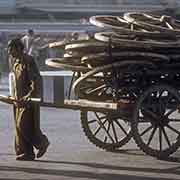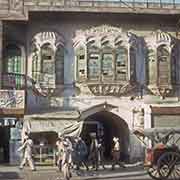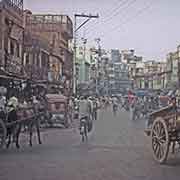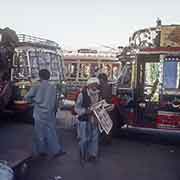Photos of Peshawar, capital of Khyber Pakhtunkhwa, Pakistan
Peshawar, capital of Khyber Pakhtunkhwa
Peshawar, the capital of the Pakistani province of Khyber Pakhtunkhwa and its largest city, lies in a broad valley near the eastern end of the Khyber Pass, 53 kilometres from the border with Afghanistan. It is the largest Pashtun-majority city in Pakistan, with a population of almost 2 million.
you may then send it as a postcard if you wish.
The city of Peshawar got its name during the Mughal Empire and became an important trading centre. It was conquered by the Afghan Durrani Empire in 1747, fell to the Maratha Empire in 1758 but was retaken by the Afghans three years later; they made it their winter capital in 1776. It was captured by the Sikh Empire in 1823 and finally by the British in 1846.
In 1868 the British made Peshawar the headquarters for the northwest frontier areas. Key positions in the economy were held by Hindus and Sikhs, who almost all departed after the Partition of 1947. It became the capital of the North-West Frontier Province, since 2010 Khyber Pakhtunkhwa. The city has been severely affected by violence from the Islamist Taliban’s attacks during the 21st century so far, like in most of northwest Pakistan. It suffered 111 terrorist attacks in 2010 alone and a massacre by Taliban fighters at an army-run primary and secondary school on 16 December 2014, in which 150 people died, 134 of the students.
